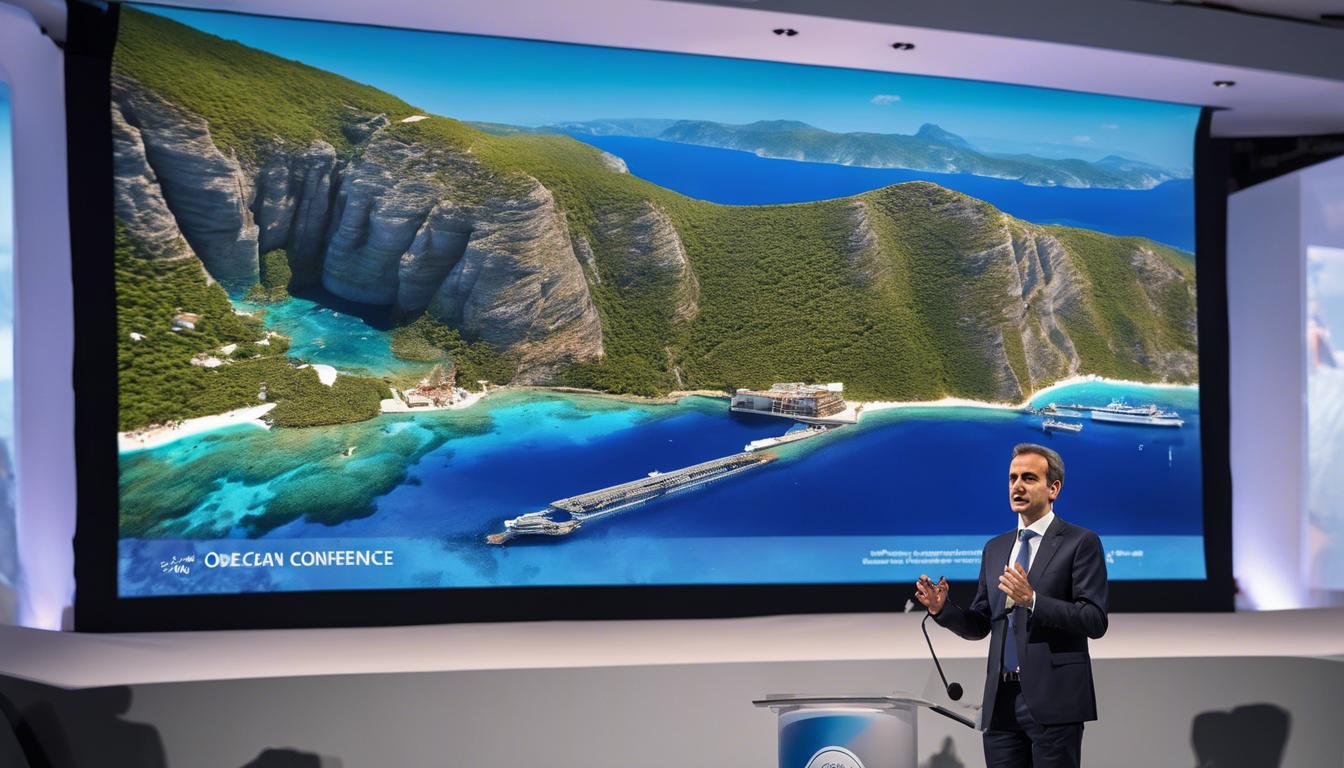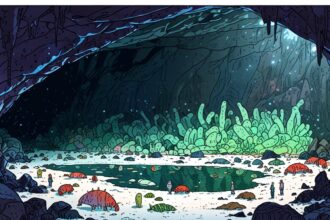Greece sets a groundbreaking precedent in marine conservation by banning bottom trawling in all national marine parks and protected areas, a move that enhances biodiversity but raises diplomatic stakes with Turkey.
Greece has taken a pioneering step in marine conservation by announcing a complete ban on bottom trawling within all national marine parks and protected areas, a decision unveiled by Prime Minister Kyriakos Mitsotakis at the Our Ocean conference held in Athens. Scheduled to be enforced in national parks by 2026 and extended to all marine protected areas by 2030, the initiative comes as part of a broader €780 million investment aimed at protecting marine biodiversity.
This measure is particularly significant as it sets Greece as the first European nation to implement such a comprehensive prohibition against bottom trawling—a fishing method known for its detrimental impact on seabed ecosystems. This ban is part of Greece’s efforts to expand its marine protected zones by 80%, including the establishment of new marine parks in the Ionian and Aegean Seas, thus covering more than 30% of its territorial waters. These areas are critical habitats for species such as sperm whales, striped dolphins, and the Mediterranean monk seal.
However, the initiative has stirred diplomatic tensions with Turkey, which perceives the extension of marine parks into disputed territorial waters as politically motivated. Ankara has voiced opposition, complicating the regional geopolitical landscape.
Meanwhile, in a related development, France has been criticized for its stance on similar conservation efforts. Despite hosting significant global marine conservation summits, France opposed the UK’s recent ban on bottom trawling in certain protected British waters—a move seen as contradicting its public commitments to marine preservation. This has sparked a further dispute between France and the UK, escalating Brexit-related tensions over fishing rights.
These evolving policies and the ensuing diplomatic encounters underscore the complex interplay between environmental conservation initiatives and international relations in European waters.













